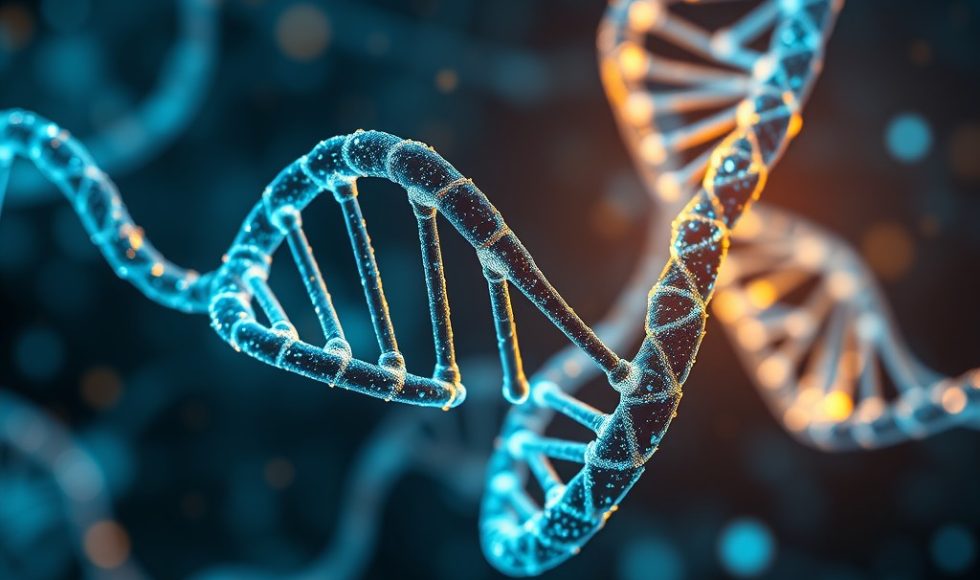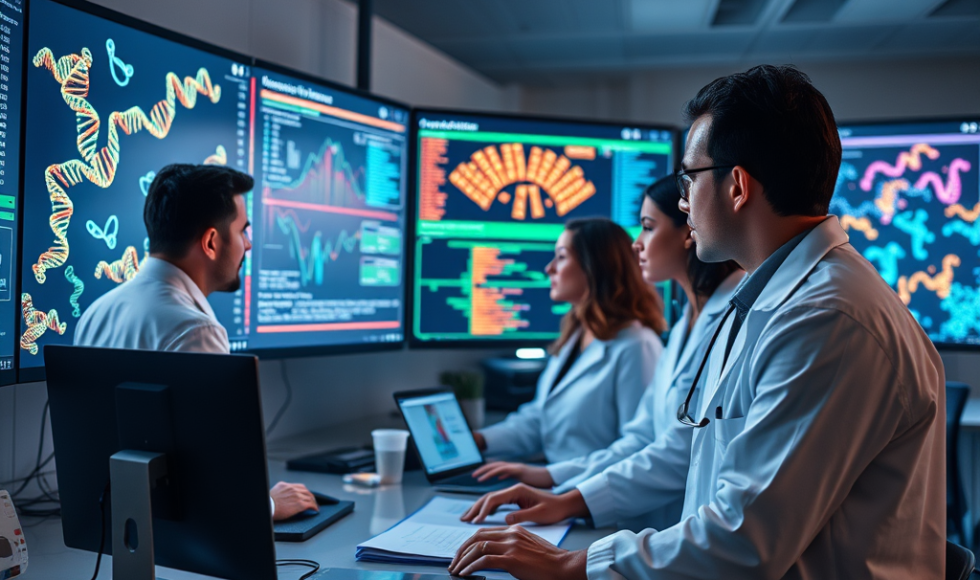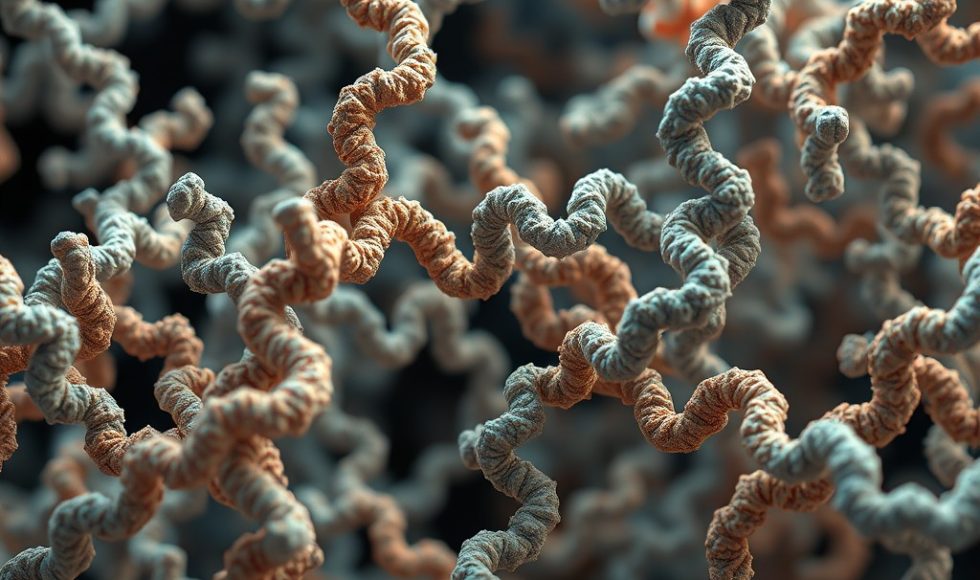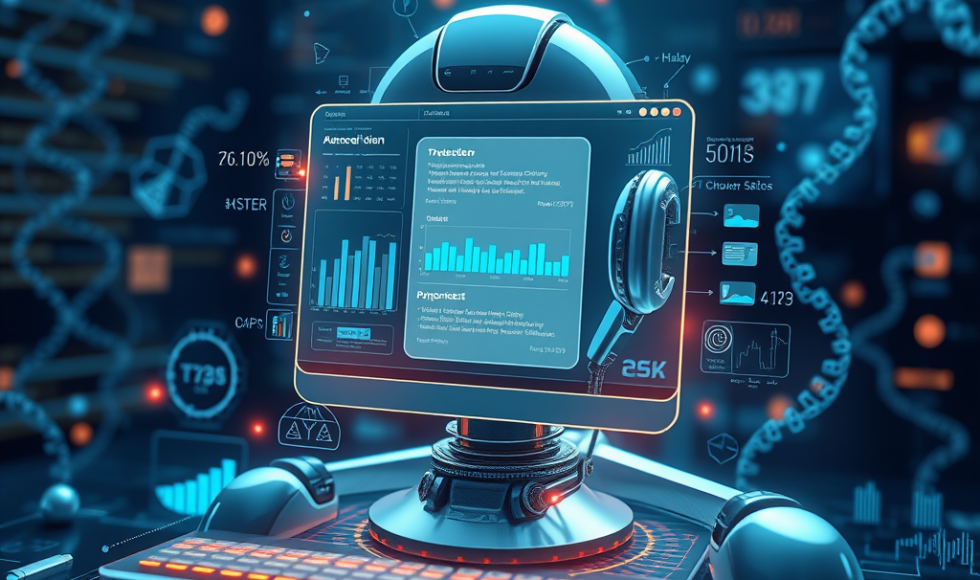Tonight I started watching the recordings from the KBase LISA workshop. I watched the base calling session by Torben Nielsen from Lawrence Berkeley National Laboratory. Nielsen compared PacBio and Nanopore sequencing. PacBio is sequencing by synthesis with limited length. Base calling is performed by image processing. The native error rate for PacBio is about 15%, […]
Gianna Marschmann from Lawrence Berkeley National Laboratory presented at the KBase Microbial Community Modeling workshop. The title of the session was: DEBmicroTrait: Trait-based Microbial Community Modeling in KBase Overview.” Marschmann is a postdoc with Ulas Karaoz. Genome-informed trait-based modeling takes multidimensional data. Marschmann noted that they can reduce dimensionality and model traits. The parameter distributions […]
Priya Ranjan from Oak Ridge National Laboratory was the next speaker I watched as part of the KBase Microbial Community Modeling Workshop recordings. The title of this session was “Pairwise analysis tools between strains” that would be very useful for us! Rnajan is collaborating with the Plant-Microbe Interfaces (PMI) project and is designing a series […]
I am continuing to watch sessions from the KBase Microbial Community Modeling Workshop last year. Chris Henry from Argonne National Laboratory, presented on “Community Modeling Simulation Tools.” Henry and team work with the GROW project. Henry applied ModelSEED2 to build models of GROW MAGs (Genome Resolved Open Watersheds Metagenome Assembled Genomes). The MAGs are incomplete […]
Tonight I started watching the KBase “Microbial Community Modeling Workshop.” Jose Faria from Argonne National Laboratory began with a session titled “Background on ModelSEED and OMEGGA Apps.” GSP 2024 is the public narrative they described. There is also a preprint with all the details. The ModelSEED2 app is the first significant update in fifteen years, […]
The last presentation of the KBase Science Session: Data integration to support (or refute) predictions was by Elisha Wood-Charlson from Lawrence Berkeley National Laboratory. Wood-Charlson’s presentation was titled “Getting credit for contributions in a big data world.” The message emphasized that science is a creative and collaborative pursuit. 2023 was declared the “Year of Open […]
Continuing with the KBase Science Session: Data integration to support (or refute) predictions, I watched the session by Paramvir Dehal and team. The title of the session was “Leveraging LLMs to Synthesize and Develop New Questions.” They talked about the use of a KBase Research Assistant with the goal of accelerating science by helping with […]
Tonight I watched another KBase Science Session: Data integration to support (or refute) predictions. “Integrating data to predict functions for gaps in metabolic models” was the title of Bill Nelson’s session. Nelson is from the Pacific Northwest National Laboratory. The work was part of two PNNL SFA projects: a soil microbiome project and a persistence […]
Continuing with the KBase Science Session: Data integration to support (or refute) predictions, tonight I watched Chris Henry from Argonne National Laboratory present on “Predicting Protein function using structure nd sequence similarity in KBase.” Henry and team built a pipeline in KBase to analyze structure and sequence similarity data. Henry noted that KBase has a […]
I didn’t know KBase could be used for knowledge extraction from literature! Tonight I watched the session by Shinjae Yoo from Brookhaven National Laboratory titled “Knowledge extraction from literature.” This was part of the KBase Science Session: Data integration to support (or refute) predictions I started watching yesterday. The primary focus of this study was […]





